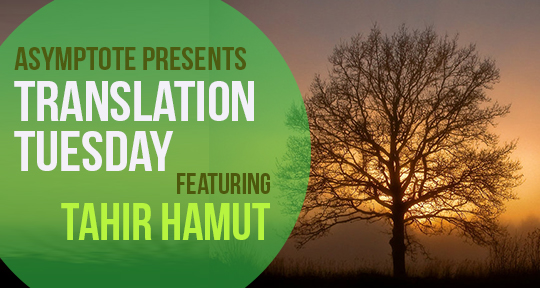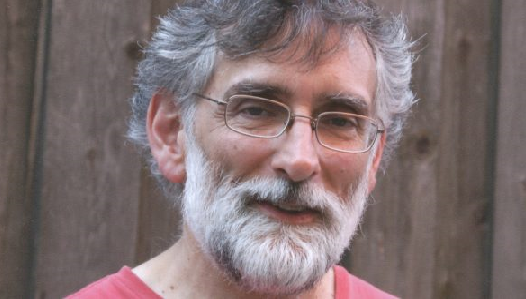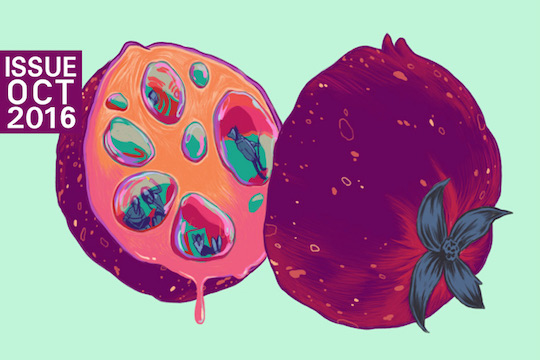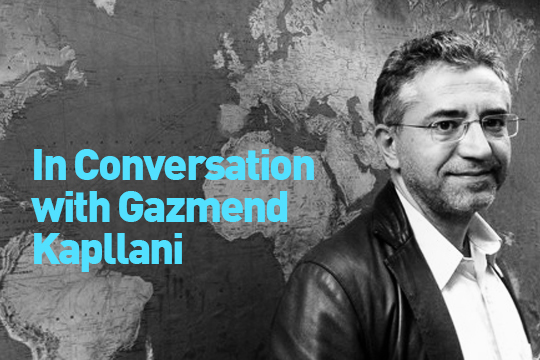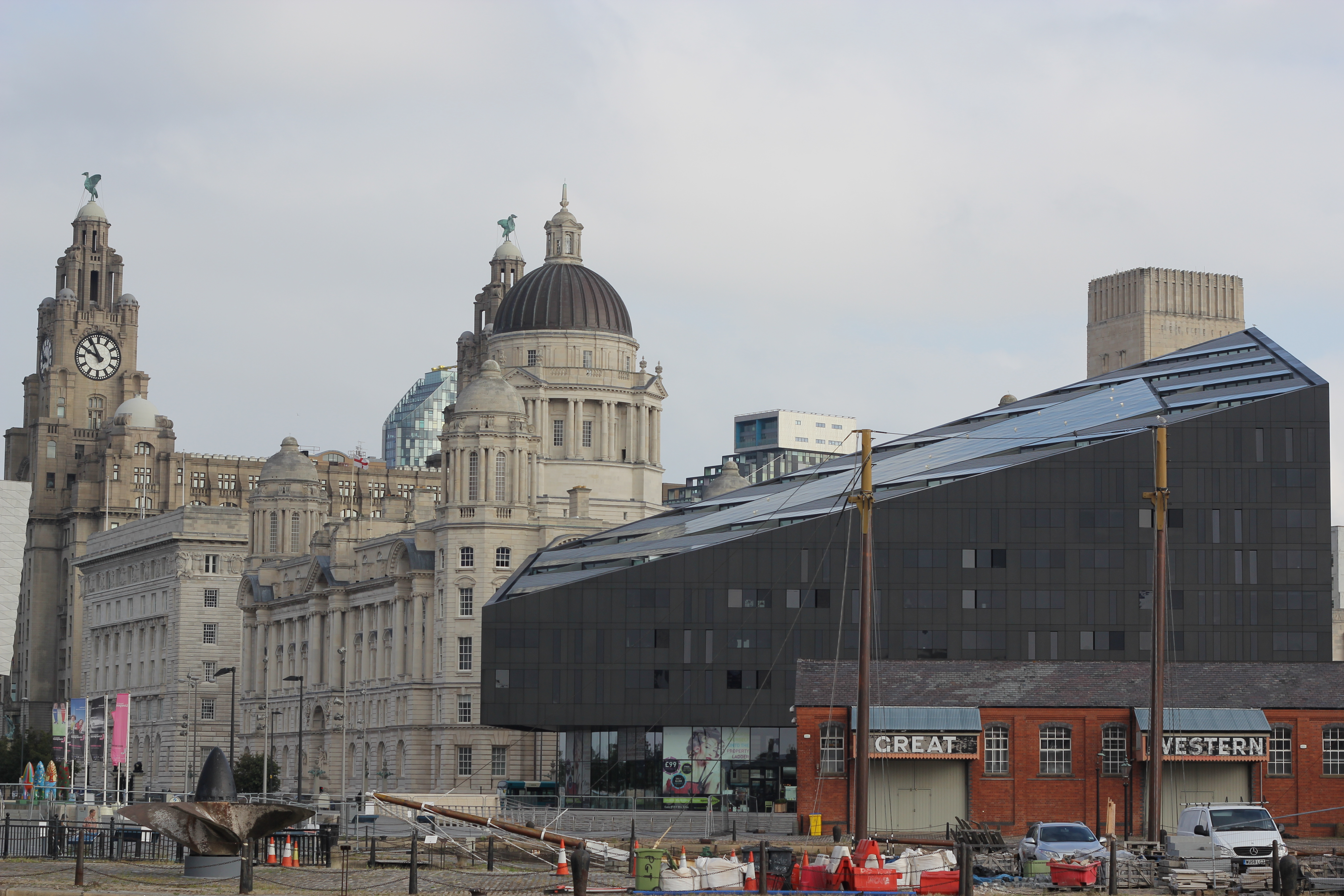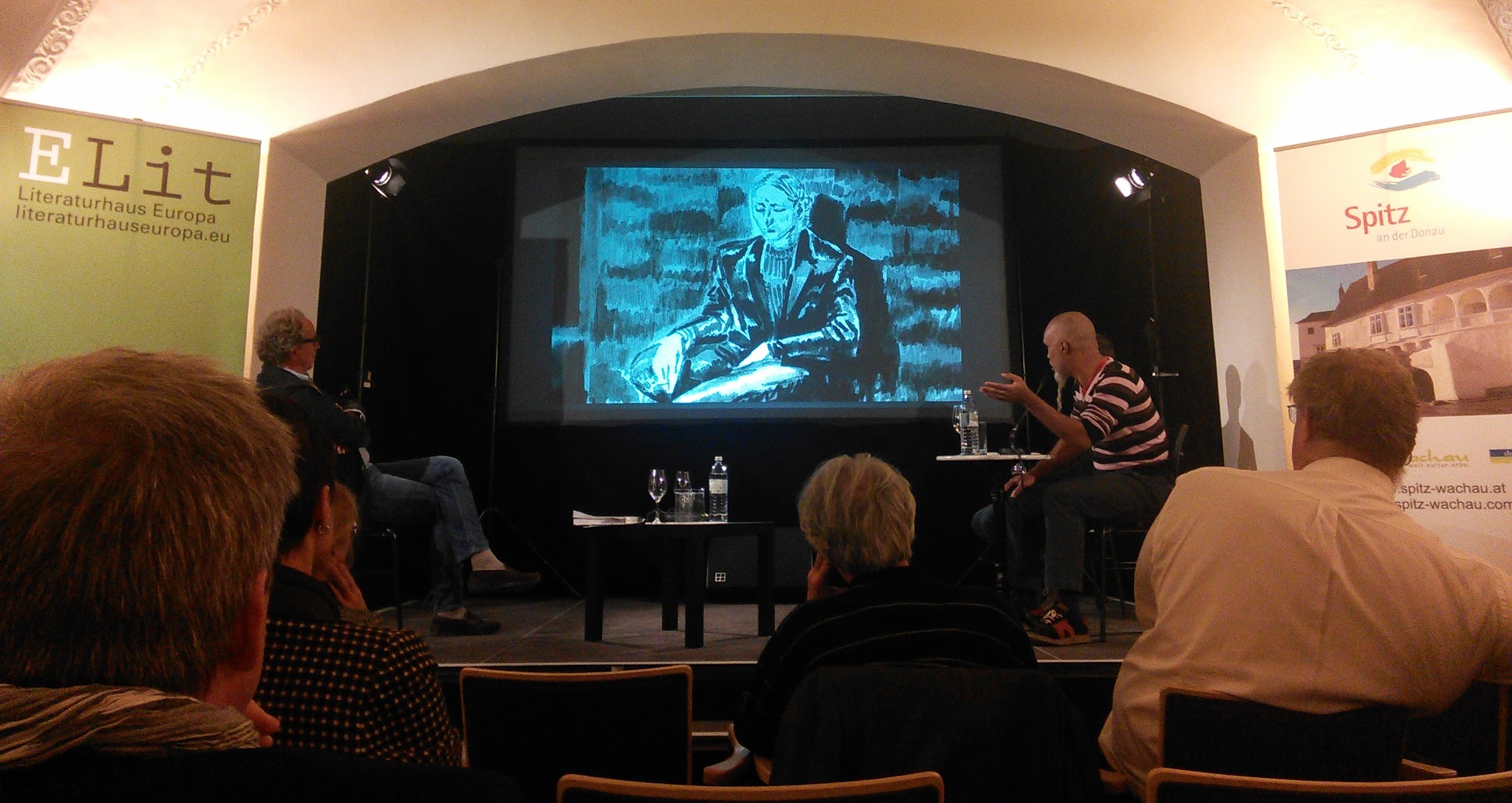Véhicule Press is a Canadian publisher of fiction, non-fiction, and poetry. Located in the city of Montréal, where French is predominantly spoken, Véhicule has been publishing francophone authors in translation since 1980. In recent years, half their catalog has been dedicated to works translated from the French. Véhicule started out in 1973 on the site of the artist-run gallery Véhicule Art Inc. with a printing press and equipment inherited from one of its members. In 1975, they became the only cooperatively owned printing and publishing company in the province of Québec. Nowadays, the press is run by Simon Dardick, who stayed on when the coop broke up in 1981, and archivist Nancy Marrelli. From the beginning, Véhicule has focused on titles that celebrate and examine Canadian culture and society. Asymptote’s Editor-at-Large for Argentina, Sarah Moses, stopped by Véhicule’s office in Montréal to chat with Simon Dardick about publishing francophone literature in translation and some of the titles he’s excited about.
Sarah Moses (SM): I’d like to begin by asking you about the origins of Véhicule Press.
Simon Dardick (SD): It grew out of an art gallery called Véhicule Art. It was at a time when artists were renting large spaces—for performance art and for large-scale colour field paintings. Véhicule Art was an artist-run gallery—the second one in Canada; the first was in Vancouver.The artwork was interesting—it was very international but also showed work from local people from Montréal and Québec. The press was situated at the back of the gallery. One of the artists had bought a huge printing press and printed, I think, one or two copies of a magazine called Beaux-Arts. The apocryphal story is that the printer got his hand caught in the press and it stood silent for many months until some people gravitated around it and decided to learn how to use it.
That was six months before I arrived in 1973. I became typesetter and general manager. We were all middle class kids, lots of long hair, who were involved in literary stuff. We were painters, writers, dancers, and video artists who came together. There was at various times seven or eight of us. We were incorporated in Québec as a cooperative printing and publishing company. We really wanted just to publish, but we would print our books on offcuts, the paper left over from jobs we had printed for other folks. We were the popular grassroots printer in town. We printed posters and invitations for artists and flyers for demonstrations and community groups. So essentially we started publishing more and more books of our own although near the end we still did jobs printing for people. The end was really 1980, 1981. The technology was changing—printing was becoming more electronic, rather than lithographic. We did low-end printing, except for our own books. We didn’t envision committing to a life of commercial printing. So we dissolved the printing company and my wife, Nancy, and I continued the publishing end of things. In 1981, we moved to a greystone in central Montréal—we live above the office—and immediately eliminated tremendous overhead in terms of rent.
Our approach has been very much influenced by visual arts—I was a painter. So for me the look of a book is important: the cover art and the text of the book has to work together. To this day I still typeset all our books, with the odd exception. We’ve been doing it here since 1981. We have a poetry editor and a fiction editor. My wife and I do the non-fiction.
READ MORE…




